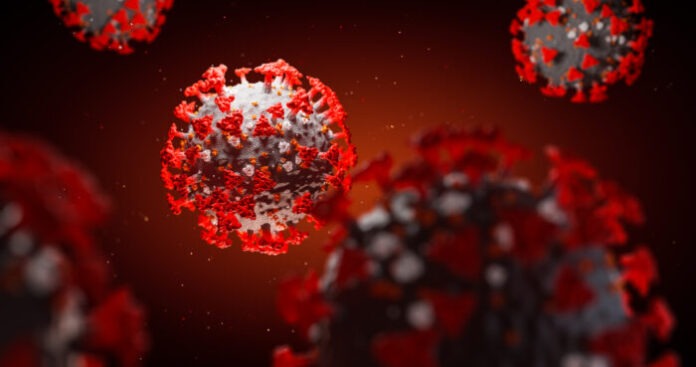| Subscribe to our YouTubeChannel |
|
|---|
New research shows that there are differences between patients who have survived serious COVID-19 and patients that have died from it.
For COVID-19, the difference between surviving and not surviving severe disease may be due to the consistency, not the quantity, of the patients’ antibody production and response, suggests a new Cell paper published by Galit Alter, a member of the Ragon Institute of MGH, MIT, and Harvard.
The research published in the journal Cell, used the serology method of Alter’s systems to profile the antibody immune responses of 193 patients with COVID-19 hospitals, comparing the responses of patients with the mild and serious disease with those who died of COVID-19.
While all patients developed antibodies to SARS-CoV-2, there were variations between the three classes in the way the antibodies developed or evolved. The antibody response never fully developed for patients who did not survive the infection.
“The development of IgG antibodies has been severely impaired, which may be important in the early control and removal of the virus,” says Alter. “We were able to see the global effect of this flawed IgG evolution here, resulting in a weakened capacity to promote important immune functions for viral clearing.”
Antibodies both block infection and direct the immune system into destroying infected cells in a mature immune response. Antibodies bind to the Fc-receptor, a “docking spot” specific to antibodies that are present on all immune cells, to direct the killer immune response. Without strong Fc-receptor binding, following infection, antibodies can fail to capture and kill the virus.
Patients who passed from COVID-19 had antibodies relative to survivors who never completely developed the ability to bind strongly to Fc-receptors and thus may not have been able to fully activate immune killing activity.
Alter’s group, heading by Tomer Zohar, Carolin Loos, Stephanie Fischinger, and Caroline Atyeo, also found that the immune systems of survivors could identify and target a region known as the S2 domain of the SARS-CoV-2 spike protein. In other coronaviruses that infect humans, the S2 domain is present, so patients whose antibodies can target it may have pre-existing S2 domain immunity due to exposure to other common coronaviruses.
This pre-existing immunity can be used by patients with antibodies that can recognise S2 domains on different coronaviruses to produce killer antibodies more quickly and earlier after infection with SARS-CoV-2.
“If the importance of cross-coronavirus immunity can be better understood,” Zohar says, “researchers will be able to design vaccines that can counteract a much broader variety of coronaviruses.”
With studies like these, Alter and her team are working to understand the nature of SARS-CoV-2 protective immunity, including collaboration with developers of COVID-19 vaccines, to help bring an end to this pandemic.


















